The Truth About Generator Noise: How Loud Are They Really?
When the power goes out in your neighborhood, everything goes quiet—until a generator jolts to life.
You want the peace of mind that comes with no power outages, but not the noise that comes with a generator.
Understanding the noise levels of these machines will help you decide whether a generator is right for you—and if your neighbors will mind.
Rest assured, it’ll only be as loud as your central AC unit.
You can purchase a quieter model or opt for structures that dampen the noise.
This article will help you understand what decisions you need to make to keep your generator operating quietly, and whether an air-cooled or liquid-cooled generator will be best for you and the consideration of your neighbors.
Understanding Generator Noise Levels
What Are Decibels (dB)?
Noise levels are quantified in decibels (dB), a unit measuring the intensity of sound. This measurement is logarithmic, meaning each increase in 10 dB represents a tenfold increase in sound intensity. For example:
0 dB: The faintest sound the average human ear can perceive.
30 dB: Comparable to a whisper.
60 dB: Normal conversation, air conditioner at a distance of 100 ft.
70 dB: Shower, dishwasher.
90 dB: Power lawn mower, subway train.
110 dB: Rock concert, chainsaw.
Understanding these levels is crucial because a generator operating at 70 dB is not just “a little” louder than one at 60 dB but ten times more intense in sound.
Generac Generator Noise Levels
Generac’s specifications indicate that their 22KW air-cooled model operates at 67 dB at 23 feet under full load, while their liquid-cooled models operate at 61 dB from the same distance.
To contextualize, this is slightly louder than an average conversation and sounds almost like your central AC unit running outside your home.
However, in real-world settings, these numbers can be different. Factors that amplify noise include:
Echo from nearby buildings.
Refraction of sound waves in certain atmospheric conditions.
The generator’s installation on a resonant surface like wood decking, which amplifies noise.
Air-Cooled vs Liquid-Cooled Generators
Air-Cooled Generators
These generators are commonly used in residential settings. Their noise production is broken down as follows:
Engine Noise: This is the primary source of sound caused by the combustion process in the engine.
Cooling Fan Noise: The fan used to cool the engine adds to the overall noise.
Vibration: Loosely fitted parts or an unbalanced engine contribute additional noise.
These generators are more affordable and easier to install but can be problematic in noise-sensitive areas.
Liquid-Cooled Generators
These use a coolant mixture, typically water and antifreeze, which circulates the engine to absorb heat. This method is inherently quieter for several reasons:
Reduced Fan Noise: The cooling process is more efficient, so the fan doesn’t have to work as hard.
Engine Noise Dampening: The liquid helps to dampen the noise produced by the engine.
Less Vibration: These units are better balanced and produce less vibration.
However, the Generac 22KW Protector QS model is rated at 70 dBA. The reasons for this could include:
Larger Engine: Liquid-cooled models often have bigger engines to handle more power output, which are noisier.
Cooling System: The components of the cooling system themselves (like the water pump) add to the noise.
Sound Isolation Techniques
Enclosures
ZombieBox and similar products are designed to encase generators, reducing noise emissions. They use materials that absorb and deflect sound.
Effectiveness depends on the generator’s size and the enclosure’s acoustic properties.
Location and Positioning
Placement of the generator is critical. Keeping it away from living spaces and pointing the exhaust away from homes reduces noise.
Elevating the generator off the ground also prevents sound from traveling.
Sound Deflectors
Barriers such as walls, fences, or specially designed acoustic barriers deflect and absorb sound.
The material and height of the barrier play a significant role in its effectiveness.
Regular Maintenance
A well-maintained generator is a quieter generator. Keeping components tight, well-lubricated, and in good repair minimizes unnecessary noise.
Regularly replacing parts like the muffler or checking for loose components significantly reduces noise.
Ensuring Quiet Power with New London Electric
At New London Electric, we understand the importance of balancing reliable power with a peaceful home environment.
Our expertise in Generac generators ensures you find a solution tailored to your noise level and power needs.
Choose New London Electric for a generator that brings reliable power without disrupting your peace and quiet.
Let us guide you to the perfect blend of uninterrupted power and serene living.
Request an estimate with us today!

